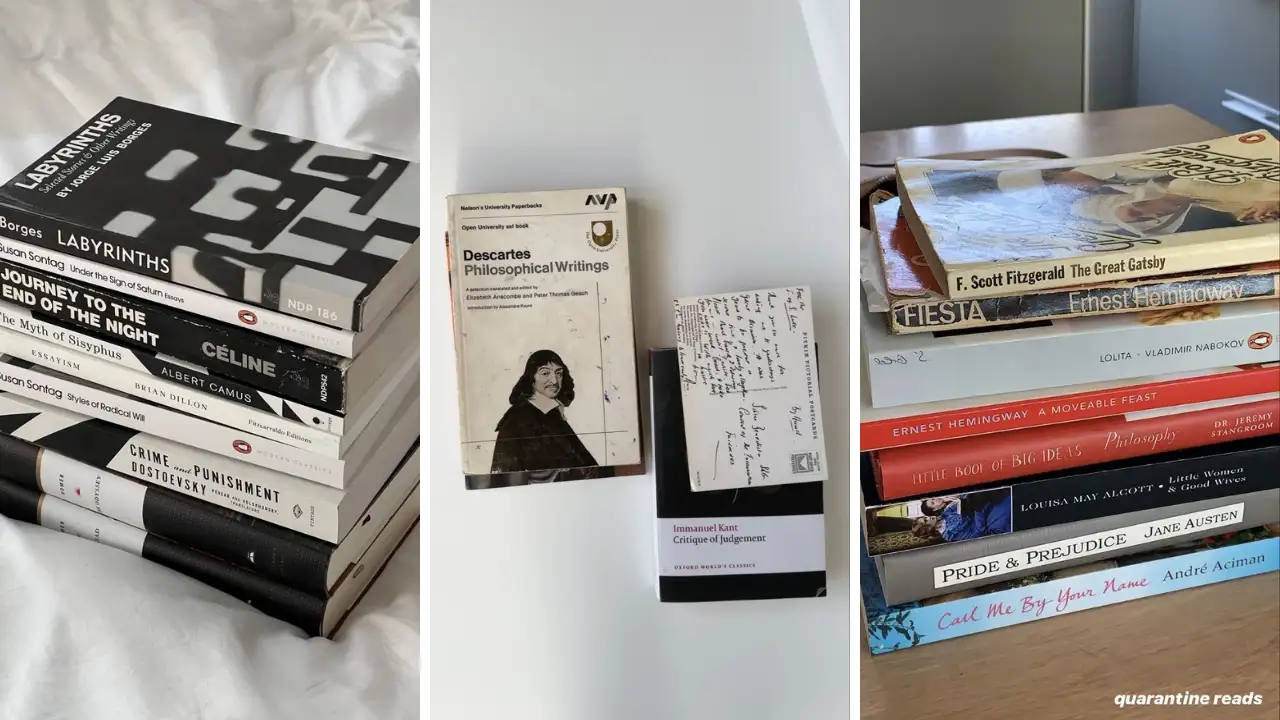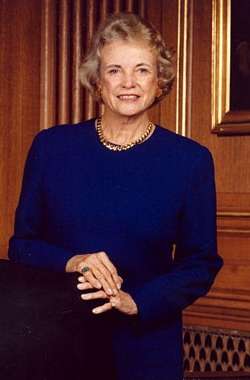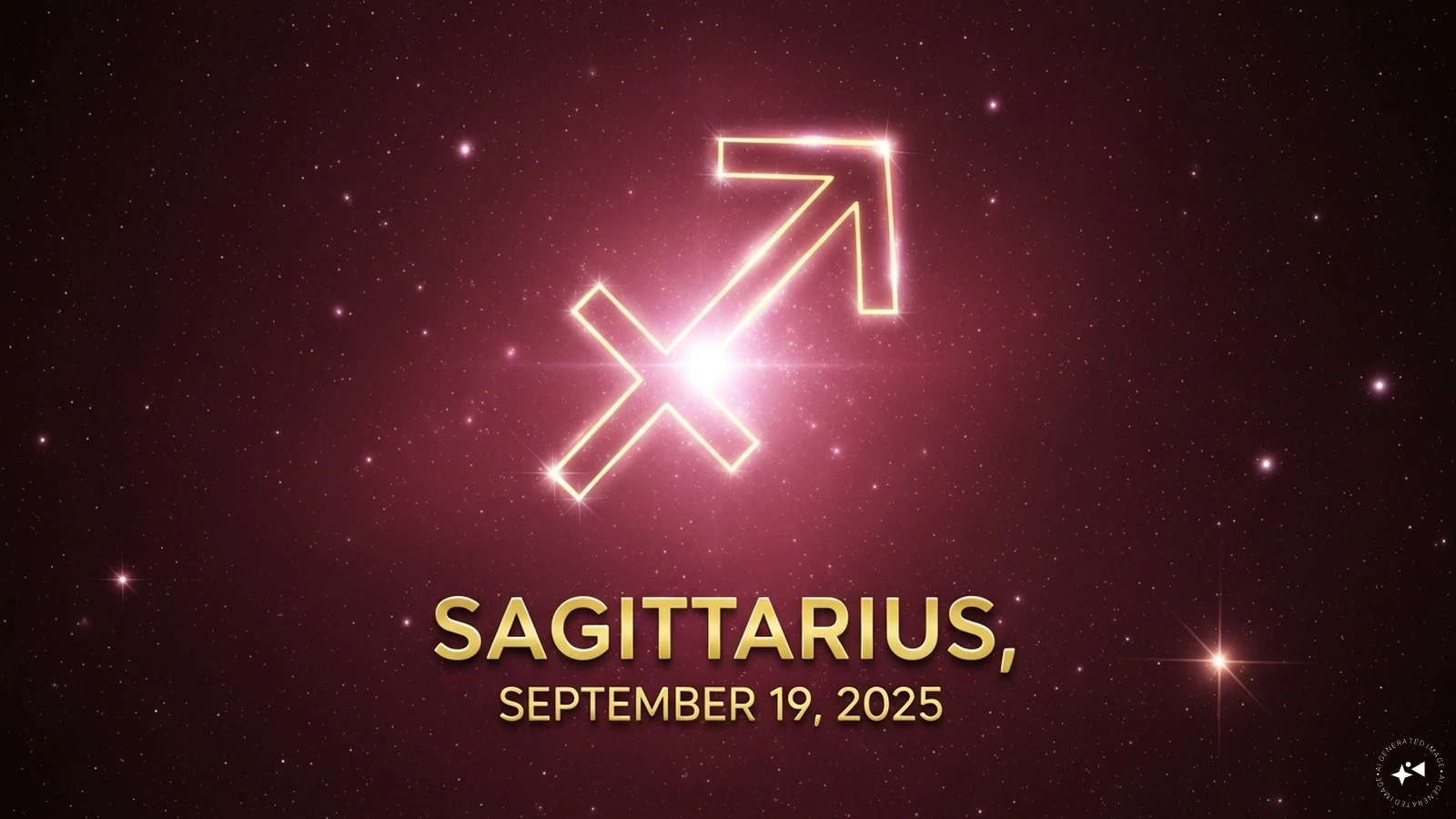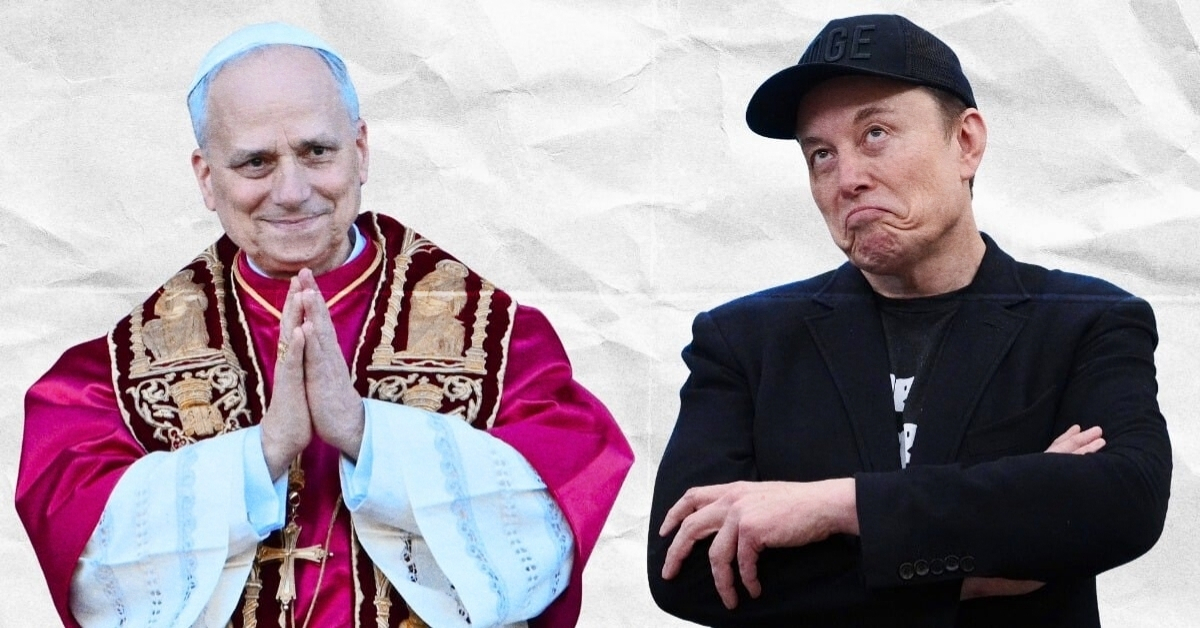By Simran Sukhnani
Copyright timesnownews

10 Books That Make You Look At The World With A Different Perspective, Every so often, a book doesn’t just entertain, it rearranges your mind. It shifts familiar truths into fresh shapes, making you pause, question, and even marvel. These 10 books will nudge you to explore deeper meanings in everyday life. They range from philosophical to poetic, from unsettling to liberating, but they share one promise: you won’t walk away seeing the world the same again. Ishmael by Daniel Quinn, Imagine learning life’s deepest truths not from a teacher, but from a telepathic gorilla. Ishmael dismantles the myth of human supremacy, exploring how culture, religion, and progress have distanced us from nature. Through witty, unsettling dialogue, it challenges readers to rethink “civilization” itself. This is not just a novel, it’s a mirror held up to humanity, asking: what stories do we live by, and at what cost? The Denial of Death by Ernest Becker, This Pulitzer-winning book suggests most of human behavior stems from one primal fear: mortality. From art and religion to politics and ambition, Becker argues our creations are ways to escape death’s shadow. It’s a profound psychological and philosophical journey that forces you to confront uncomfortable truths while leaving you strangely liberated. A heavy read, yes, but one that shakes the foundations of how we understand motivation and meaning. , Pilgrim at Tinker Creek by Annie Dillard, Dillard wanders through nature with the eye of both scientist and poet, turning creeks, insects, and seasons into meditations on life itself. Every page brims with wonder and awe, even in moments of raw brutality. The book urges readers to slow down, pay attention, and rediscover mystery in the everyday. Reading it feels like walking barefoot through the wild, uncomfortable, enchanting, and unforgettable in its revelations. Finite and Infinite Games by James P Carse, What if life isn’t about winning, but about continuing the play? Carse divides the world into finite games, played for victory, and infinite games, played for possibility. This deceptively simple philosophy reshapes how you view relationships, work, and even time. It’s a short book with a massive ripple effect, nudging readers to live less competitively and more expansively. Perfect for those seeking fresh lenses on daily choices. The Spell of the Sensuous by David Abram, Blending anthropology, ecology, and philosophy, Abram explores how language and perception shape our connection to the earth. He argues that by privileging abstract words over sensory experience, humans have grown alienated from nature. This book isn’t just theory; it’s an invitation to reawaken your senses and rediscover intimacy with the living world. A lyrical, challenging, and deeply immersive work that may forever alter how you listen, see, and speak. , The Dispossessed by Ursula K. Le Guin, Le Guin spins a tale of two worlds: one capitalist, the other anarchist. Neither is perfect, but together they ask: what does true freedom look like? Through the journey of physicist Shevek, the book explores themes of power, belonging, and sacrifice. It’s science fiction at its finest, not about aliens or spaceships, but about society itself. A radical, thought-provoking masterpiece that lingers long after you finish the last page. The Overstory by Richard Powers, At first, it seems like separate stories of strangers. But slowly, lives intertwine, all rooted in trees and forests. Powers crafts a sweeping epic that shifts perspective from human-centered stories to the ancient intelligence of nature. With breathtaking prose, The Overstory makes trees central characters, urging readers to see the environment not as scenery, but as kin. It’s a novel that grows inside you, branching out with lasting impact. The Left Hand of Darkness by Ursula K Le Guin, Imagine a society where gender is not fixed. On the icy planet of Gethen, humans switch between male and female roles, creating a world without gender norms. Through this lens, Le Guin examines love, trust, and politics with stunning depth. The story is both science fiction and anthropology, blending adventure with philosophical inquiry. It’s a book that stretches your imagination and asks you to reconsider identity itself. , Blindness by José Saramago, An unexplained epidemic blinds an entire city, plunging society into chaos. Stripped of sight, humanity’s darkest and brightest instincts surface, cruelty, compassion, violence, and resilience. Written in Saramago’s signature long, flowing sentences, Blindness is unsettling yet impossible to put down. It’s less about literal blindness than about how fragile civilization can be. A haunting allegory that forces you to confront what holds people together when everything falls apart.



